Alva Skog on how to stop the illustration 'treadmill' draining your creative spirit
The popular Swedish illustrator reveals how success carries its own burdens and the need to balance personal and commercial work to protect your mental health.
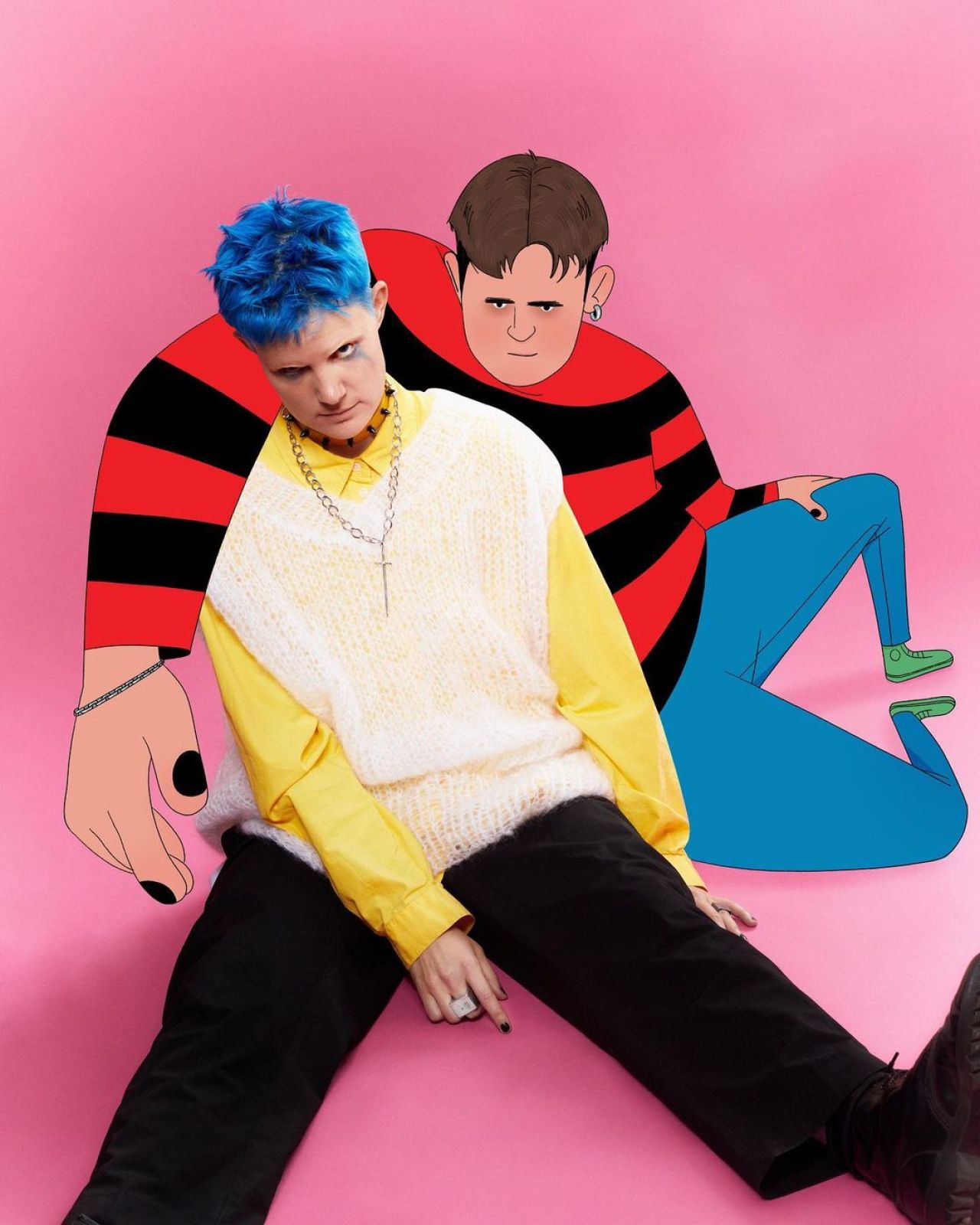
Alva Skog's work feels both familiar and comforting, yet excitingly original: not a bad trick to pull off. Especially when you've only graduated in 2018 and yet have already made a name for yourself with highly regarded editorial illustrations for the likes of The New York Times, The Guardian and Apple.
Hailing from Stockholm, Sweden, the queer, non-binary artist continually generates thought-provoking narratives through their vibrant and compelling artwork. Characteristic elements include oversized body parts, insightful use of strong black lines to create shape and perspective, and subtle questioning of gender norms.
With a BA in graphic design from Central Saint Martins, Alva is currently represented by Jelly and is challenging norms and helping shape the future of illustration. Alva chatted with us about the problems of success, the need to balance the commercial and the personal, and a possible forthcoming graphic novel.
Authentic and stereotype-free
We start with addressing one of the big reasons for Alva's popularity: the unique nature of their work. And that's no accident. "The notion of having a specific style is recognised in the industry as beneficial for an illustrator's recognisability and success," they say. "While it wasn't directly taught at Central Saint Martins, it was something acknowledged by peers."
However, Alva initially resisted the idea of sticking to one distinctive style. "But a project that involved giving advice through illustrations to a younger sister brought about an epiphany. While my style may evolve, it began as a way of wanting to represent characters and people in a particular, perhaps more authentic or stereotype-free, way."
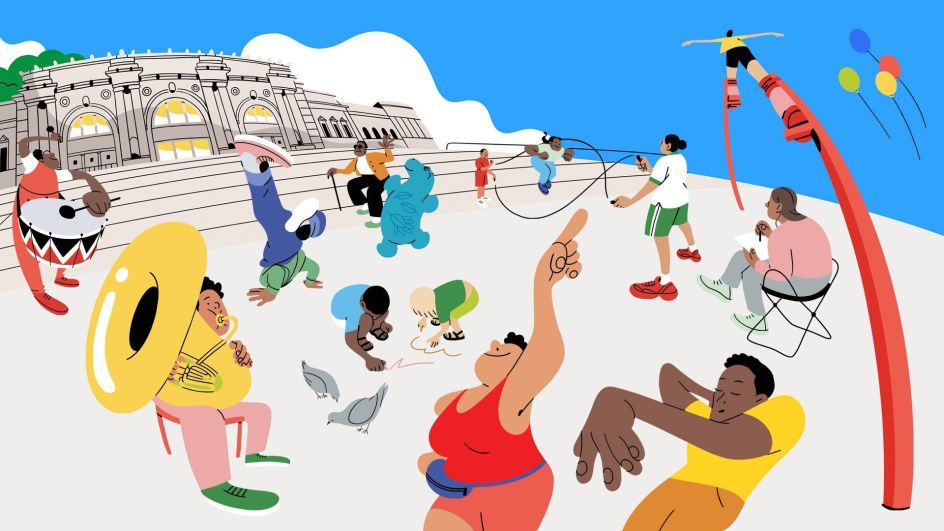
Being distinctive is perhaps more important than ever in a world where generative AI can create competent, if unremarkable, artwork based simply on text prompts.
"AI presents both impressive possibilities and potential challenges in the field of illustration," believes Alva. "While there may be concerns about replication of work or styles through AI, the value seems to lie heavily in individual experiences and the personal stories illustrators tell through their work. Although the future may necessitate different working methods or adaptations, the humanity and individuality in illustrators' work are identified as an inherent and irreplaceable value."
Overcoming isolation
Alva graduated from London's Central Saint Martins in 2018, and the ensuing five years haven't been the gentlest or most stable period in modern history. But life goes on regardless. "This year has been fairly positive," says Alva. "I've recently completed an MA in Visual Communications here in Stockholm, which has been an enriching experience amidst all the challenges we've faced.
"I decided to pursue an MA mainly because I missed the creative community that comes from being in an academic setting. Being an illustrator can be somewhat isolating, so being part of other creative processes and drawing inspiration from a community was something I really wanted to reconnect with, especially here in Stockholm."
Interestingly, AI wasn't a significant consideration when Alva applied for the MA, highlighting just how quickly the pace of change is ramping up. "It was more about carving out time for personal projects and finding a space that provided guidance. The programme required us to apply with a single project to work on for two years, and I had started working on a graphic novel during the pandemic, which seemed like the perfect project to explore during this master's."
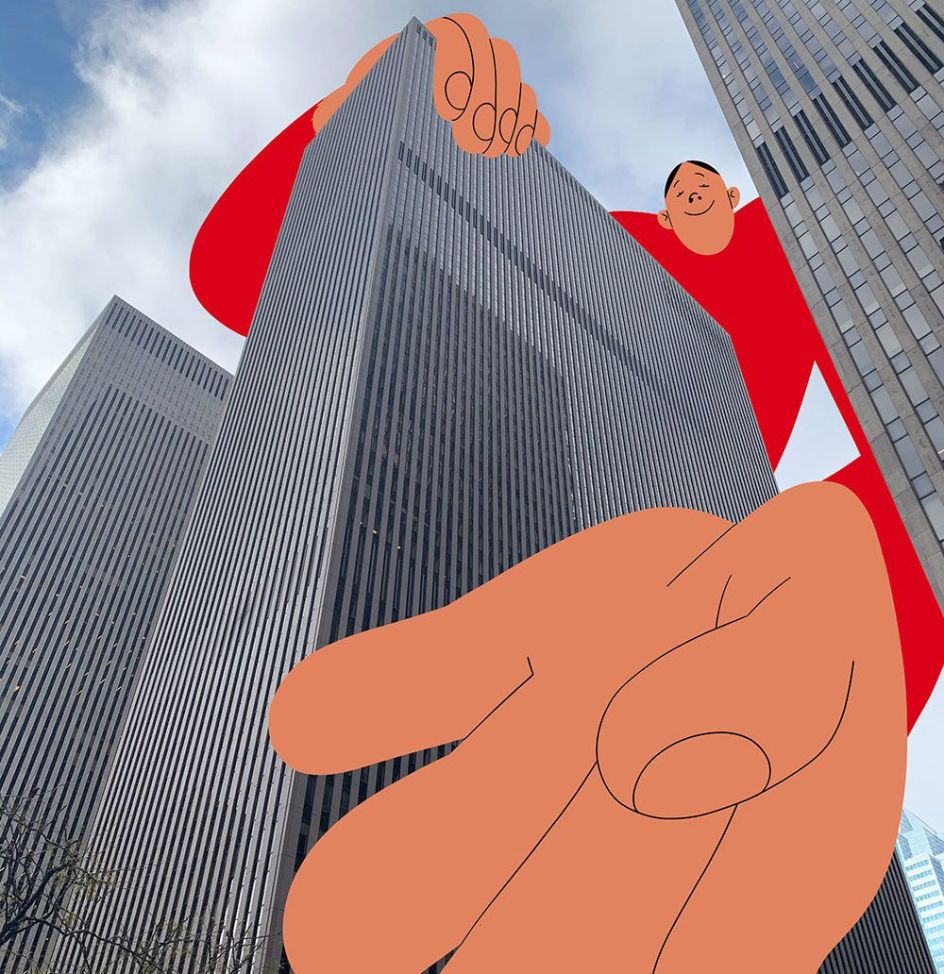
We're thrilled to hear about this project, and press for more details. "It began as an autobiographical piece but eventually evolved to be inspired by personal events," Alva responds. "It narrates the story of an individual coming out as non-binary to their family and friends. It's a very personal project, and while I'm still deciding whether or not to publish it, it's been a crucial part of my creative journey during the master's programme."
Existential crisis
This passion for personal projects is typically hard to balance with work on commercial projects for any creative. And Alva has indeed found commercial work to be creatively draining at times. "Pursuing illustration can feel like being on a treadmill," they explain. "Most illustrators graduate, navigate through phases where they work on their PR and marketing, and may experience a snowball effect where, after continuous effort, numerous projects suddenly come in from notable clients. However, it can still feel like you're feeding a never-ending cycle or 'monster' in order to sustain success, especially in a competitive field."
In Alva's case, that meant that having achieved "success", a period of existential crisis and reassessment was to follow. "After initially enjoying the surge of work and success post-graduation, a moment came when the high started to disappear, leading to a contemplation of 'what now?'
"Moving back to Sweden before Covid-19 and undergoing therapy, particularly during the pandemic, was a crucial and transformative phase. It allowed for self-care and ignited the process of rediscovering passion for drawing through personal and therapeutic projects like creating a graphic novel."
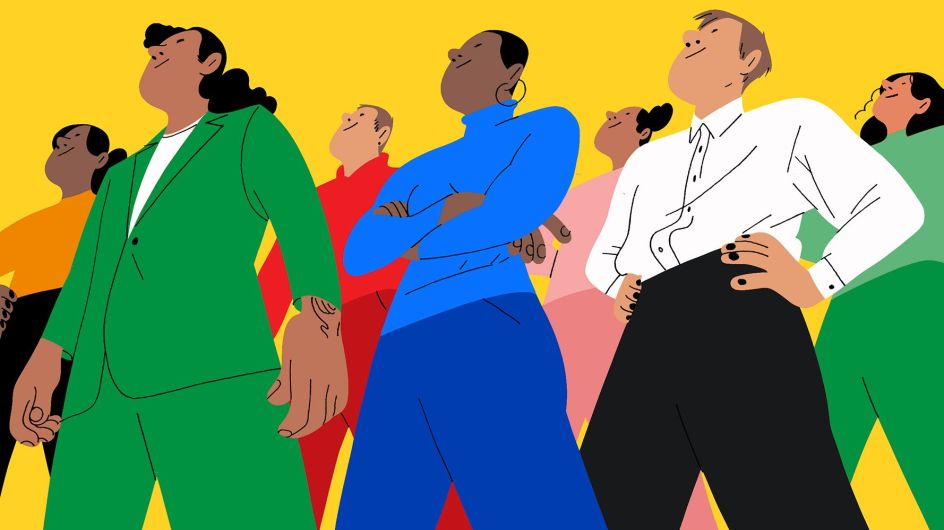
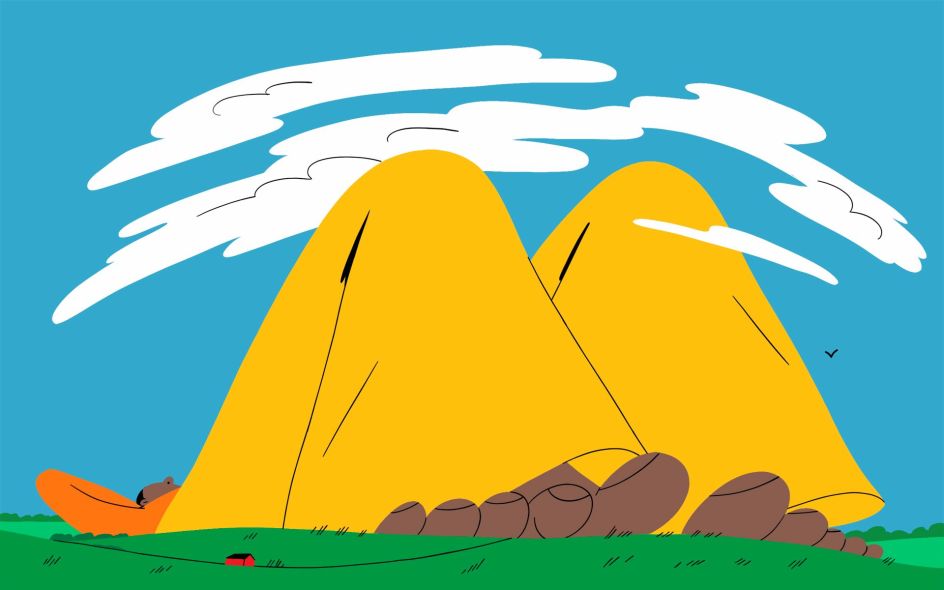
The return to Sweden involved, says Alva, "a reset and a rediscovery. It was a return to familiarity yet involved navigating changes, such as coming out as queer and non-binary and seeking and finding a community in Stockholm. The decision also allowed for a closer connection with family and provided a different perspective shaped by the previous international experiences."
Strange blessing
Even Covid-19 was a mixed bag. "While the pandemic was undoubtedly challenging, it also acted as a strange blessing," says Alva. "Moving back to Sweden and engaging in therapy became a journey of personal development and reflection. The slower pace and potential decrease in work during the pandemic might have also provided necessary space to reassess the integration of work and personal identity and seek out activities and connections outside of work, contributing to a healthier balance."
Right now, Alva is focused on finding that delicate balance between working for money and working on things you love. "While collaborating with commercial clients can be enjoyable, it can indeed sap your creative energy to an extent," they point out. "Taking two years for the master's was crucial for reconnecting with my passion and reevaluating what drives me creatively, offering a breather from the commercial work to reignite my creative spirit."

















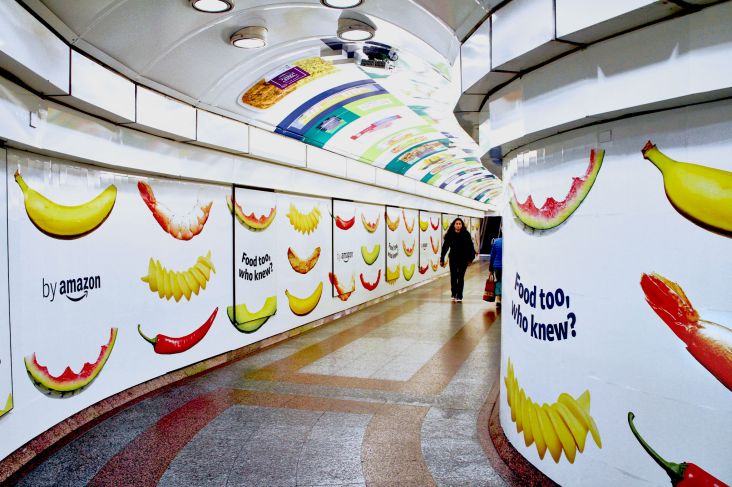
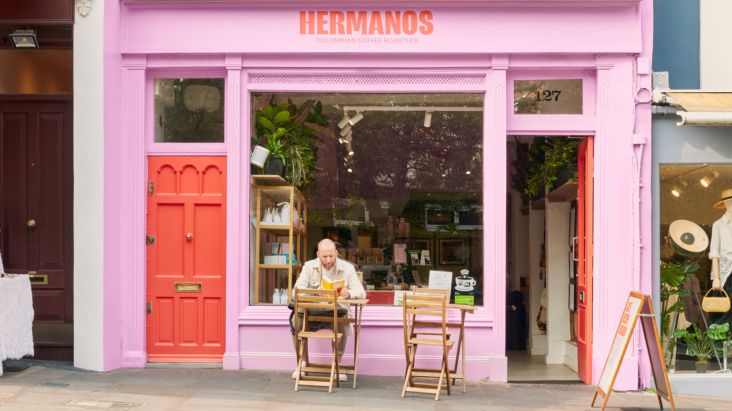
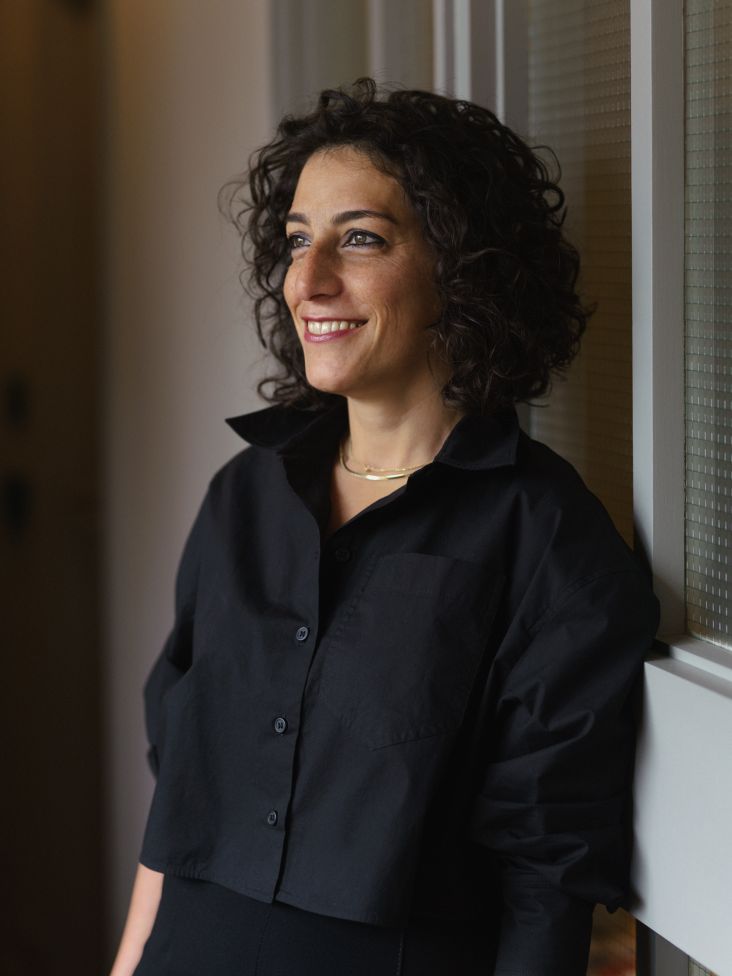
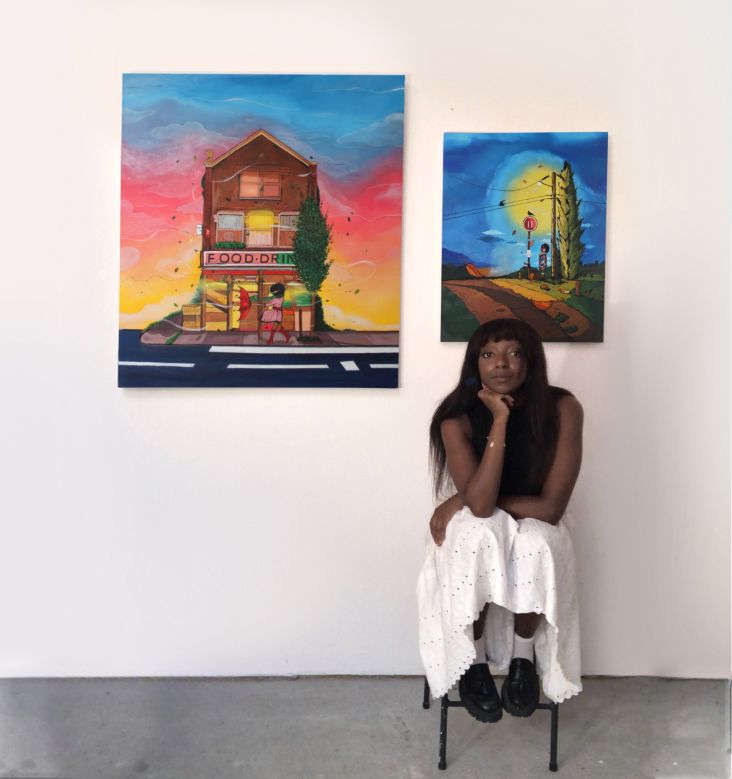
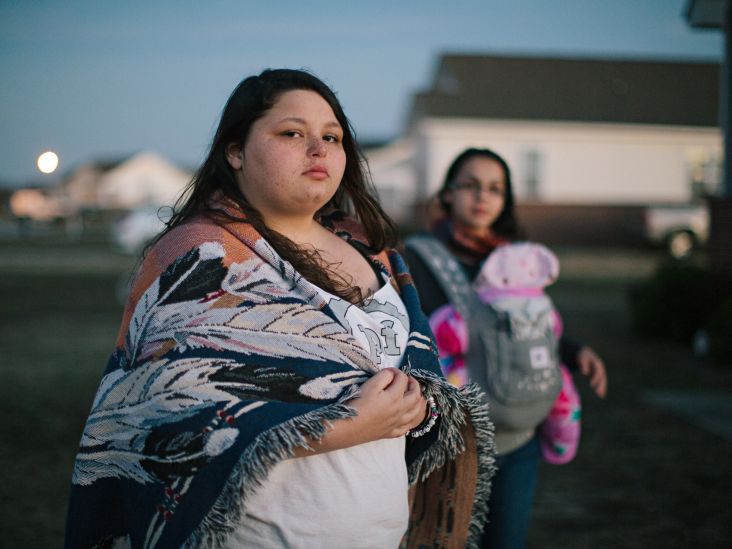
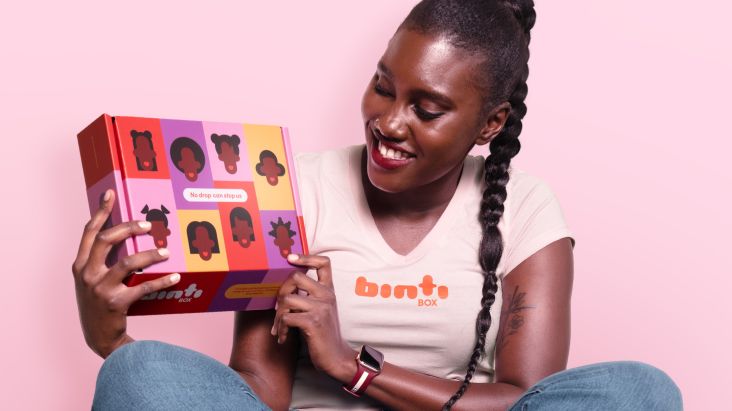
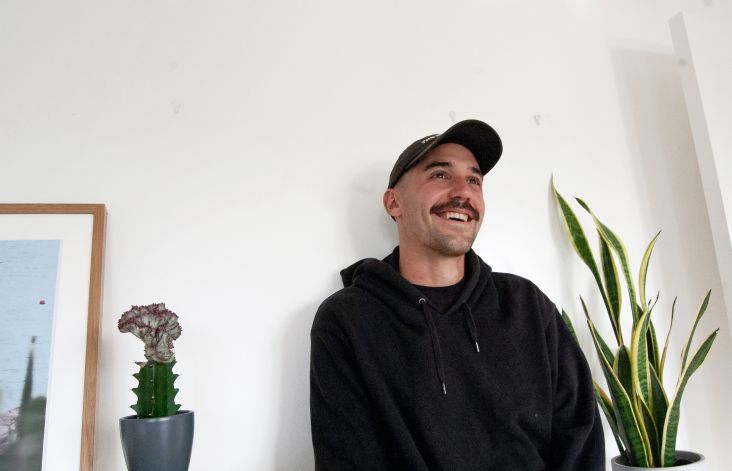
](https://www.creativeboom.com/upload/articles/b2/b2766633bc2fe360d0c3ab5571804bf1ff257e5d_732.jpg)
